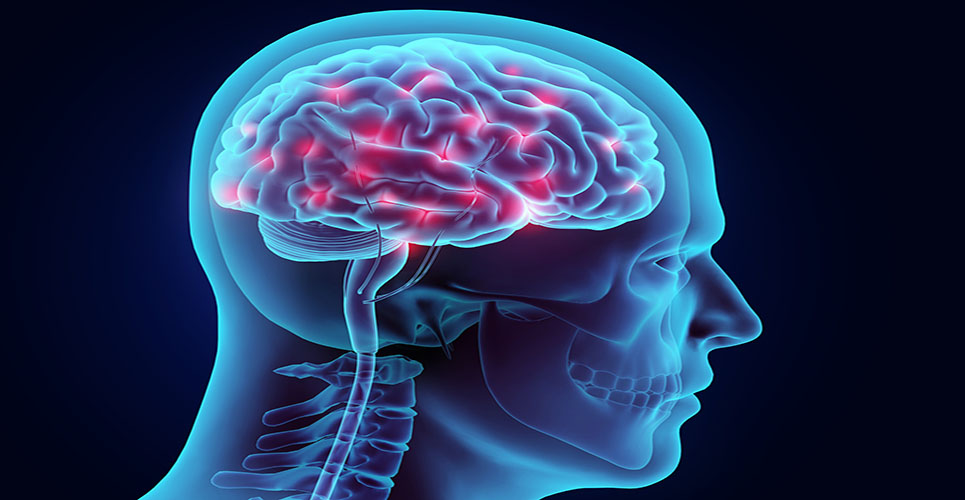teaser
Shire plc, the global specialty biopharmaceutical company, today announced that a Phase 3b study published in behavioral and brain functions found adults with Attention Deficit Hyperactivity Disorder (ADHD) who took once-daily Vyvanse® (lisdexamfetamine dimesylate) capsules CII demonstrated significant improvement in attention.
This improvement was measured by average of Permanent Product Measure of Performance (PERMP) total scores of all six time points measured across the assessment day (two, four, eight, 10, 12 and 14 hours after administration) as well as at each time point measured. This is the first study published in a peer-reviewed journal to demonstrate efficacy data for adults at 14 hours post-dose of an oral long-acting stimulant medication for ADHD approved by the US Food and Drug Administration (FDA).
Vyvanse is a prescription medicine for the treatment of ADHD. Efficacy was based on two controlled trials in children aged six to 12 and two controlled trials in adults. Vyvanse should be used as part of a total treatment programme that may include counseling or other therapies.
“Because ADHD symptoms may extend into the evening for many adults, the availability of treatments that provide symptom improvement throughout the day is important,” said Matthew Brams, MD, study author and Clinical Assistant Professor of Psychiatry at Baylor College of Medicine.
“Physicians who want to help their adult patients manage their ADHD symptoms beyond the work day may want to consider Vyvanse, which has demonstrated significant efficacy throughout the day, even at 9 PM when taken at 7 AM.”
Vyvanse is a federally controlled substance (CII) because it can be abused or lead to dependence. Keep Vyvanse in a safe place to prevent misuse and abuse. Selling or giving away Vyvanse may harm others, and is against the law.
About the study
This study was designed to assess safety, efficacy and duration of Vyvanse in adults with ADHD using an objective assessment measured at different time points throughout the day, in a modified analog classroom study to simulate a workplace environment.
This multi-center, randomized, double-blind, placebo-controlled, crossover study in 142 adults who met DSM-IV-TR ® criteria for ADHD evaluated the efficacy and safety of three once-daily doses of Vyvanse. Following a four-week, open-label, dose-optimization phase with Vyvanse (30, 50, or 70 mg/day in the morning), subjects were randomized to one of two treatment sequences: Vyvanse (optimized dose) followed by placebo, each for one week, or placebo followed by Vyvanse, each for one week.
Efficacy assessments occurred at the end of each week using PERMP. The PERMP is a skill-adjusted math test that measures attention in ADHD. Vyvanse treatment, compared to placebo, resulted in a statistically significant improvement in attention across all postdose time points, as measured by average PERMP total scores over the course of one assessment day, as well as at each time point measured. The PERMP assessments were administered at predose (-0.5 hours) and at two, four, eight, 10, 12 and 14 hours postdose.
In addition to PERMP, the investigators measured the efficacy of Vyvanse using the ADHD-RS with adult prompts. In this study, Vyvanse demonstrated a reduction of approximately 52 percent from baseline in average ADHD-RS total scores in adults. Adult patients taking placebo demonstrated a reduction of approximately 21 percent in average ADHD-RS total scores.
The most frequently reported treatment-emergent adverse events reported by five or more percent of patients during the dose-optimization phase were decreased appetite, dry mouth, headache, insomnia, upper respiratory tract infection, irritability, nausea, anxiety, feeling jittery, diarrhoea, and fatigue.

